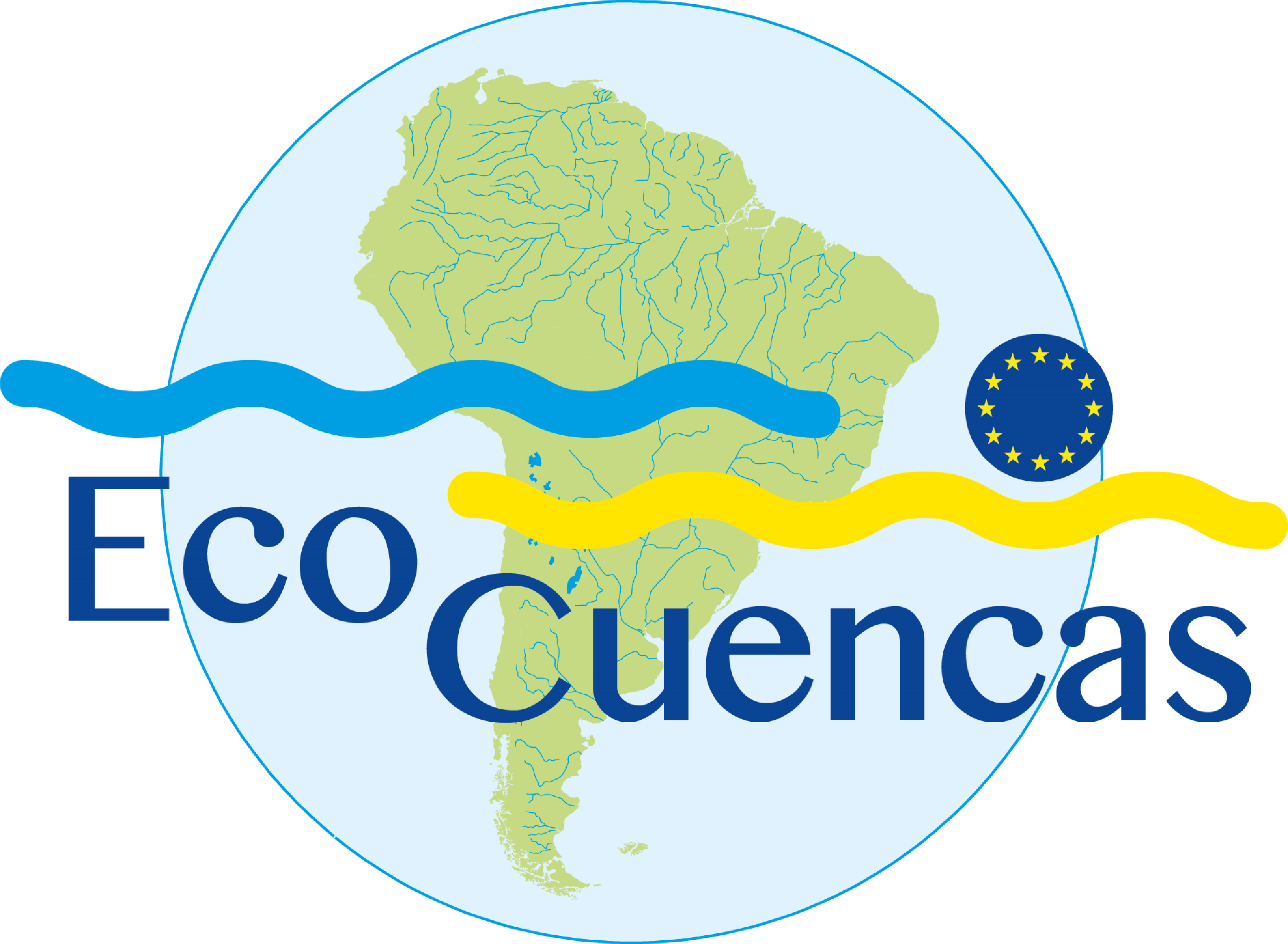EcoCuencas – Economic mechanisms to facilitate adaptation to climate change

Over the past 25 years, great progress was made in Integrated Water Resources Management Policy (IWRM) in Latin American basins. However, the theme of adaptation to climate change is worth pursuing, while the countries in the region already know its effects. Continuing the baseline scenario would lead to serious consequences, with high economic, social and environmental costs.
Faced with these challenges and to enable the use of a widest range of possible resources, it is necessary to especially develop economic management tools in basins. Indeed, building resilience to climate change goes through securing the financing of Management Plans, and thus the establishment of financial redistribution mechanisms.
In such a context and under its WATERCLIMA LAC program, the European Commission selected the EcoCuencas project, coordinated by IOWater, in December 2014 to promote the development of financial mechanisms for climate change adaptation.
The activities are based on the logic of experience sharing from the local level to the intercontinental level, with a concern of appropriation and sustainability.
IOWater is coordinating this 3-year project, which plans to design and develop financial tools (fees, payments for environmental services, etc.) in 3 strategic pilot basins that illustrate the diversity of cases encountered on the continent:
* The Brazilian "Piracicaba Capivari Jundiaí" basin (PCJ), in the States of Sao Paulo and Minas Gerais, which are experiencing a historic drought;
* The "Chira-Catamayo" Basin, located between
* The
The project includes four steps:
* An inventory of the effects of climate change on basin water resources is underway, taking into account existing institutional responses;
* The publication of a guide of good practices;
* The implementation of measures recommended in the three pilot basins;
* The dissemination of the lessons learned during these stages.
